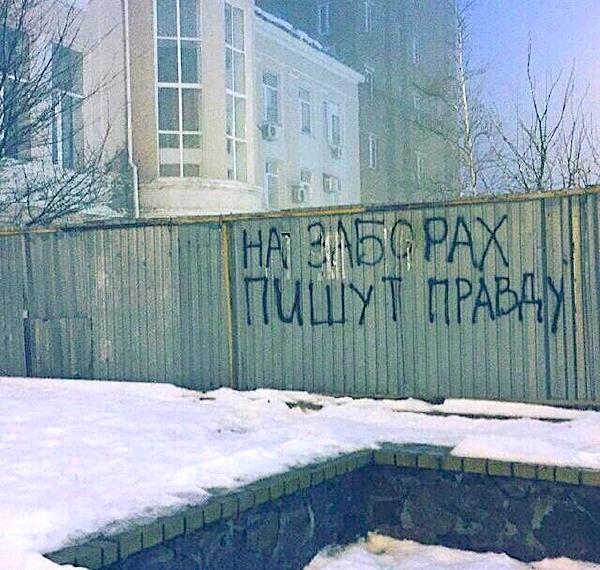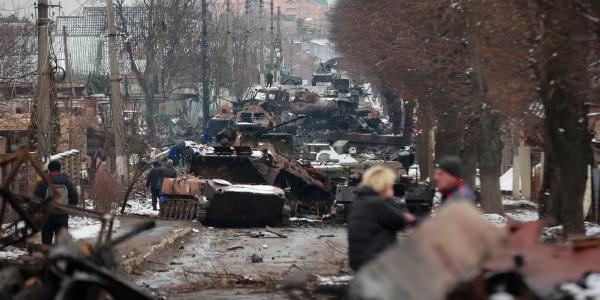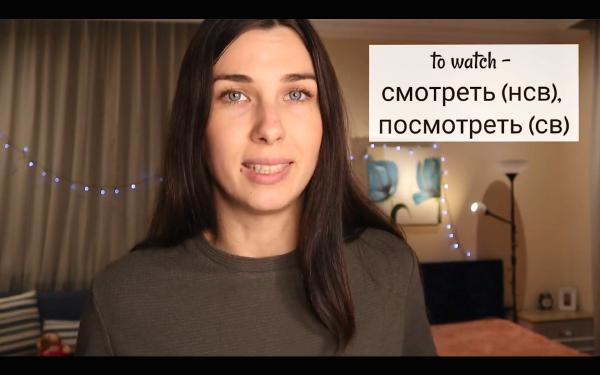Learn Russian with Song Lyrics (1)
Song lyrics are compact, memorable, and accessible at all levels. They make studying fun and effective at the same time.
Звезда
A great first option is Звезда (Star). With a page of explanation and translation (Explore Russian). The song (2013) is by Глюк’oZa or Glukoza ( website, Wikipedia). From the same channel are Вечная молодость (Eternal Youth), also with explanation and translation, and an analysis of Синие сугробы (Blue Snowdrifts).
Тебе
A bit on the sweet side but still fun is Тебе. “You” in the dative case, meaning for or to you. Лишь тебе (only for you) are эти песни мои (these songs of mine) and все слова о любви (all the words about love). With English translation, and nice big letters. From Изучайте русский с носителем (learn Russian with a native speaker), aka Elen Sheff.
More
Anna Cher made an analysis of Секрет (Secret) and Привет (Hello). Also of Прованс (Provence) and Обезоружена (Disarmed). See also Billie Eilish in Russian. From R for Russian comes a wildly edited home video – if you like the style, you can also check out here and here. Katya 2RU (with phone) talks about Катюша and Видели ночь, and on Learn Russian with Songs there’s a whole collection. The lyrics in the clip below are from Natasha speaks Russian – see also Постой, паровоз and Я не люблю.
Better
Choosing for yourself is always the most fun and effective. See the Music section for options in multiple directions. For Russian music with lyrics, see the Rusland1 Playlist on YouTube. The question какое ваше любимое направление в музыке (what’s your favorite genre in music) gets varied answers in Saint Petersburg (Easy Languages/Russian, 2016, 5 m). Bilingual (RU/EN) subtitles.
See/Read
- Learn Russian with Great Music (FluentU)
- Learning Russian with Music (therussianblog, 2012)
- Learning Russian through Music (Russian Language Blog, 2015)
- 8 Best Russian Songs to Learn Russian (Speechling, 2019)
More








